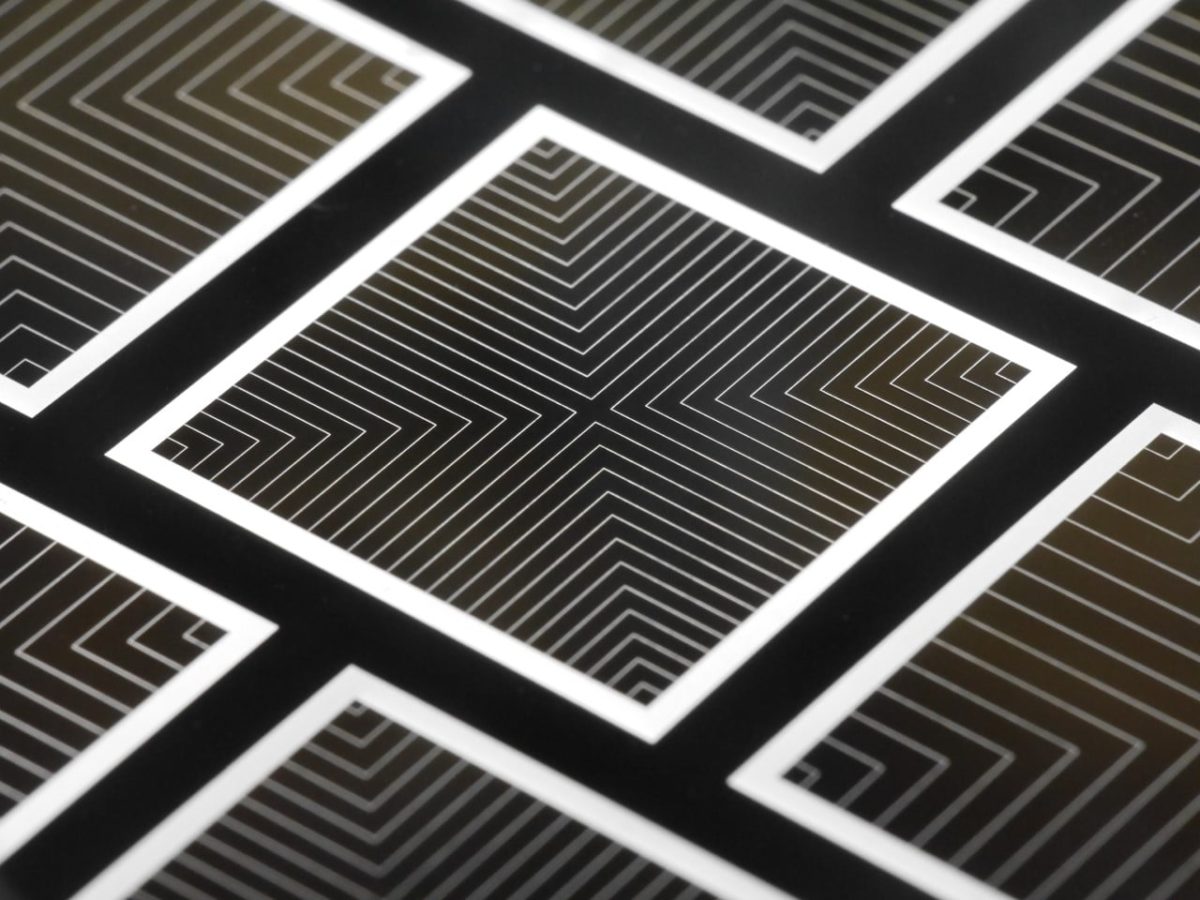From pv magazine International
Researchers at Germany’s Fraunhofer Institute for Solar Energy Systems (ISE) have demonstrated a p-type back junction (BJ) front/back‐contacted (FBC) crystalline silicon solar cell with a power conversion efficiency of 26.0% and a fill factor (FF) of 84.3%.
Presented in the study Design rules for high-efficiency both-sides-contacted silicon solar cells with balanced charge carrier transport and recombination losses, recently published in nature energy, the device demonstrates the high performance of the reported back junction solar cell design with a full-area p-n-junction at the back surface, according to the scientists. “Currently, we are working on commercial production technologies to realize such cells at low cost,” research co-author, Armin Richter, told pv magazine.
The cell was built with a full-area passivating contact based on Fraunhofer ISE’s TOPCon technology at the back surface and a highly transparent front surface based on dielectric passivation layers. Compared to conventional industrial cells with a front side p–n junction, the cell features a p–n junction at the back surface in the form of a full-area polycrystalline silicon-based passivating contact.
To read more, please visit our site pv magazine International
This content is protected by copyright and may not be reused. If you want to cooperate with us and would like to reuse some of our content, please contact: editors@pv-magazine.com.









By submitting this form you agree to pv magazine using your data for the purposes of publishing your comment.
Your personal data will only be disclosed or otherwise transmitted to third parties for the purposes of spam filtering or if this is necessary for technical maintenance of the website. Any other transfer to third parties will not take place unless this is justified on the basis of applicable data protection regulations or if pv magazine is legally obliged to do so.
You may revoke this consent at any time with effect for the future, in which case your personal data will be deleted immediately. Otherwise, your data will be deleted if pv magazine has processed your request or the purpose of data storage is fulfilled.
Further information on data privacy can be found in our Data Protection Policy.